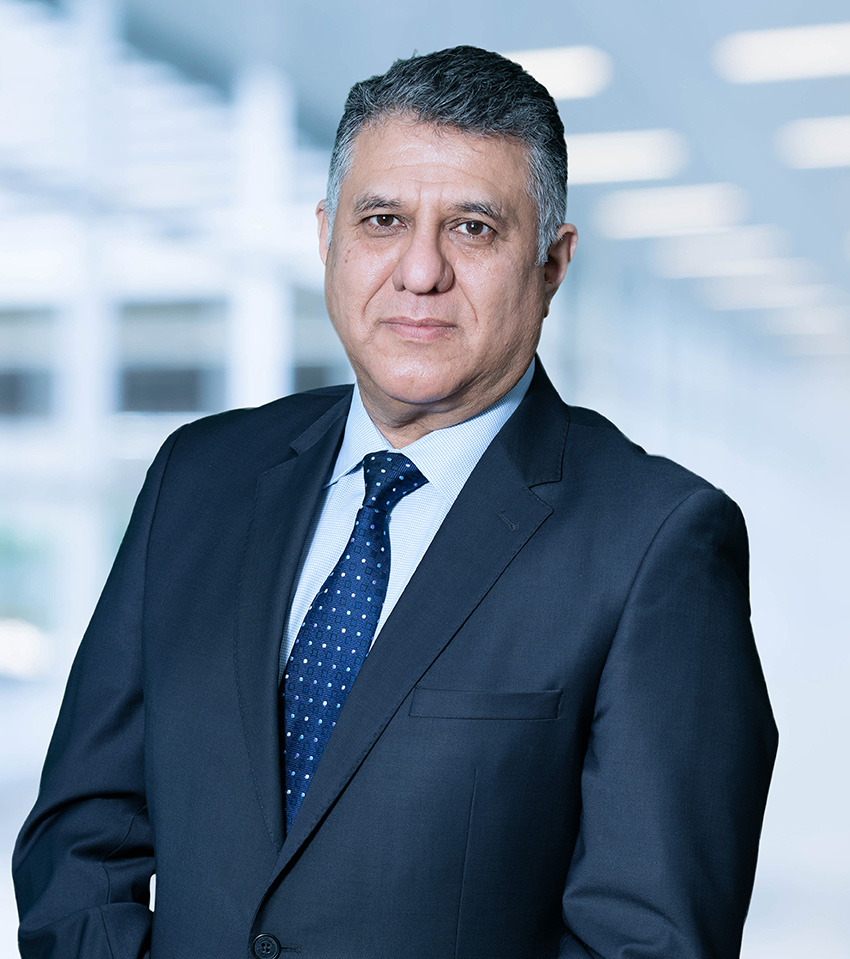BAKU, Azerbaijan, October 24. Four broad goals have been identified as key outcomes for the newly launched Trade Cooperation in Central Asia Plus (TCCA+) program, said Nazeem Noordali, Chief Operating Officer of Trade Solutions Complex at the International Islamic Trade Finance Corporation (ITFC), in an exclusive interview with Trend.
"There are four broad outcomes that we want to achieve with this program. First of all is improving qualities of the production in these countries and make them more attractive, more competitive. Second one, improving the trade facilitation. Thirdly, to increase regional business interaction between these countries. And finally, we look at enhancing regional competitiveness," he explained.
Noordali recalled that the TCCA+ program was launched this year in Uzbekistan.
"It was attended by six countries which were part of the program - Azerbaijan, Kazakhstan, Kyrgyzstan, Tajikistan, Turkmenistan, and Uzbekistan. What we meant is trade of all these six countries among themselves and with the rest of the world. It is all about regional integration of these countries, for them to benefit more from mainstream global trade," said the chief operating officer.
He went on to add that the TCCA+ program aims to achieve inclusive economic growth, regional economic cooperation and promoting inclusive trade with the rest of the world.
"This program is a multi-year, multi-country, multi-stakeholder flagship program. It involves business interaction between private, public, but also other institutions. We look forward to have more institutions to be involved like the UN agencies in order to help them to do trade with Central Asia," added Noordali.
He also talked about the prioritized SME segments within the program.
"We all know the role of small and medium-sized businesses (SMEs) in all member countries, particularly the role of SMEs in developing countries. So, we don't have to mention how they are important in creating job opportunities. When you look at the economy of Central Asia, I would say the SMEs that might benefit more are those from the agriculture and the process industries. We're looking at the light industries, the plastic and light engineering industry, which may be more suitable for that. But I do expect also that tourism might be boosted from there, where it involves a lot of SMEs that can benefit from it," he added.
Noordali believes that most of it would be agri- and agri-related sectors.
"Because there's a lot to be done there. The potential exists already. The potential is there to scale up, not only for the local food security purpose, but also creating capacity, service capacity for export of good, high-quality products from the region," he said.
Follow the author on X: @Lyaman_Zeyn







